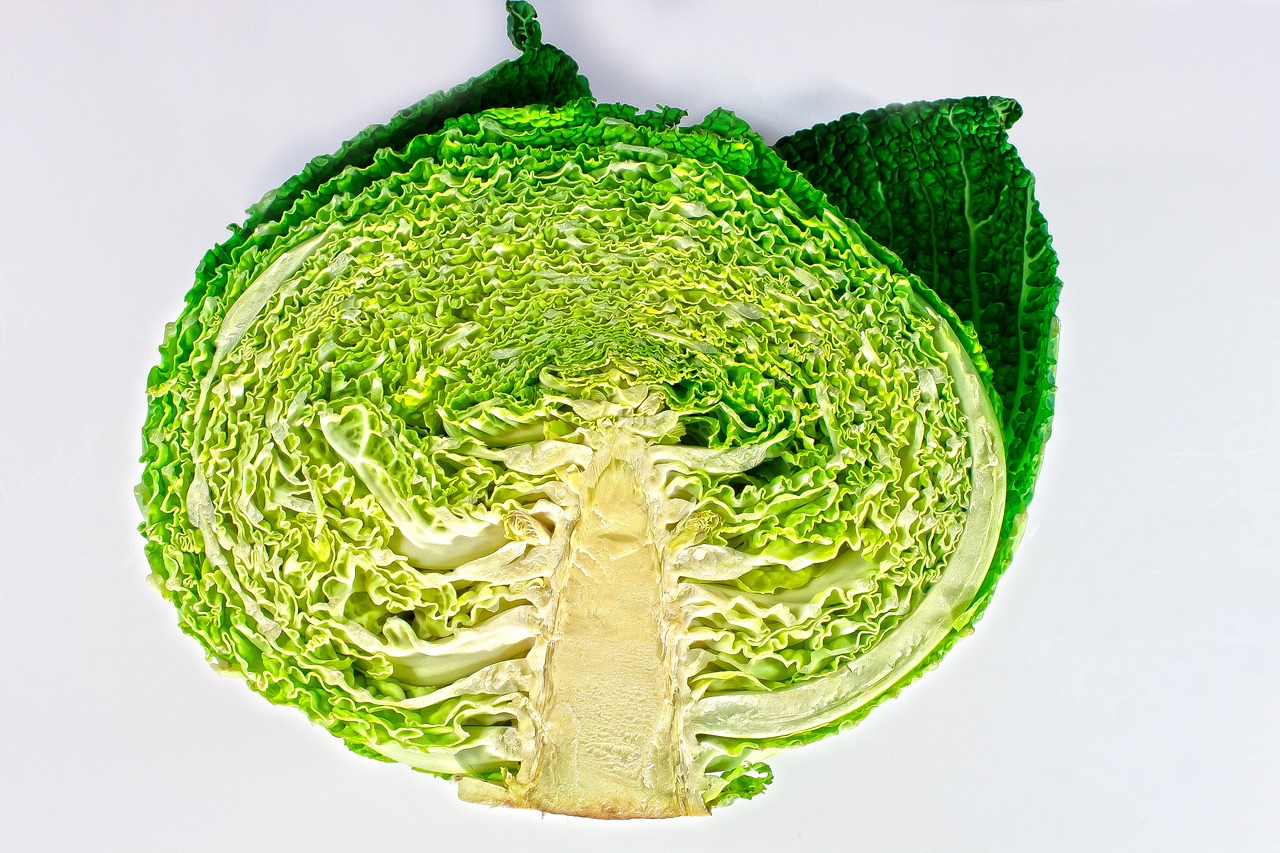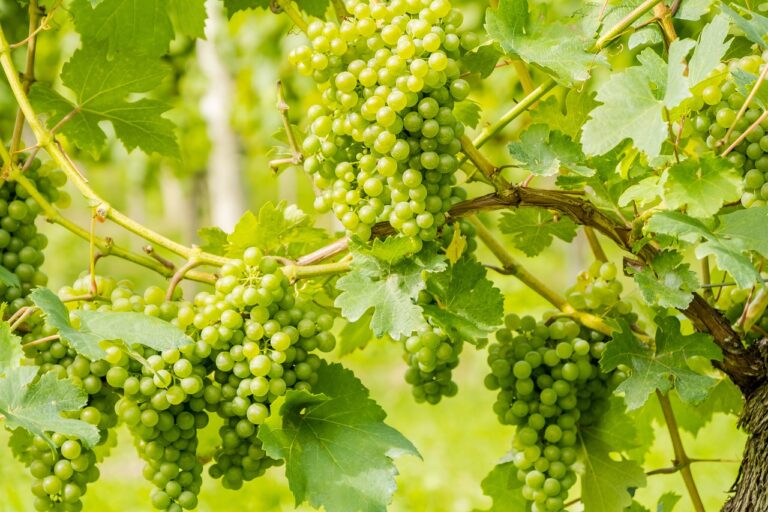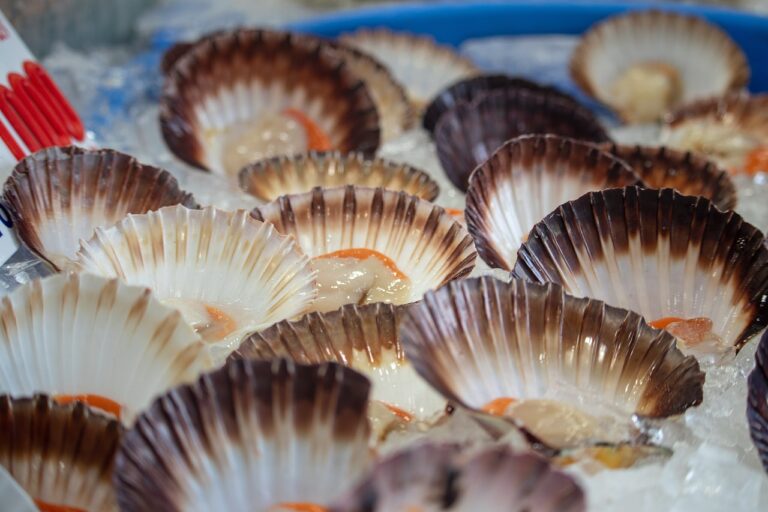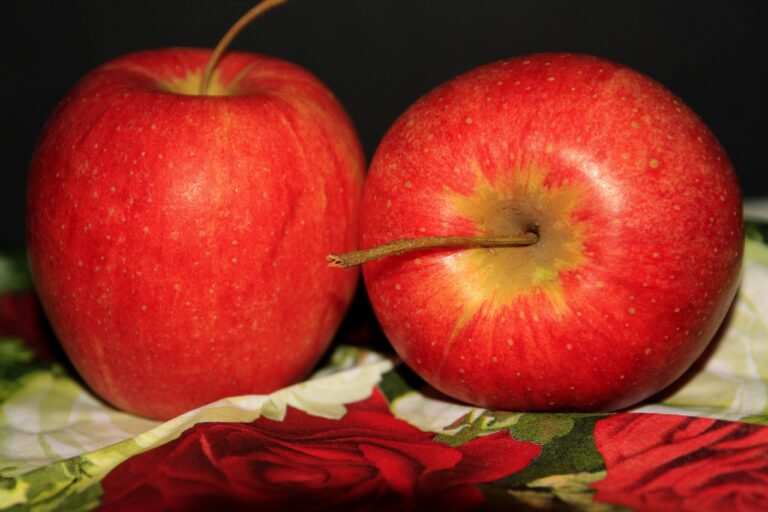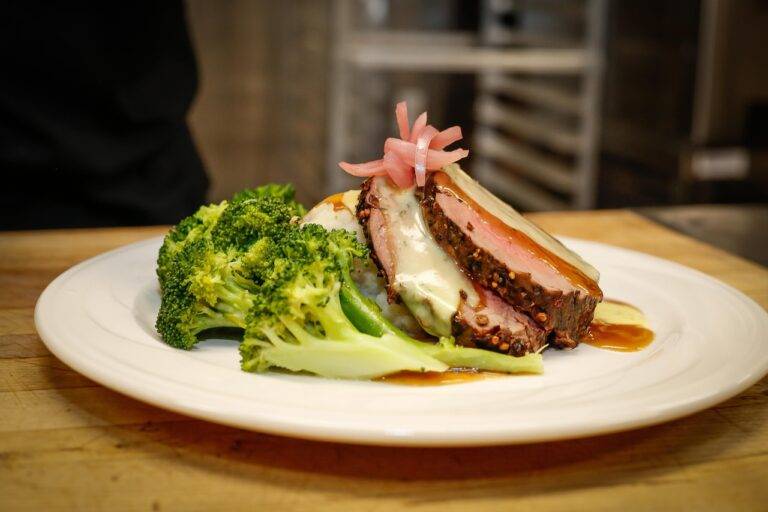The Role of Olive Oil in Celebrating Harvest Seasons: 11xplay sign up, India 24 bet login, Skyinplay.com login
11xplay sign up, india 24 bet login, skyinplay.com login: The olive tree has been a symbol of peace, prosperity, and abundance for thousands of years. As one of the oldest cultivated trees in the world, olives have played a significant role in many cultures and traditions. In particular, olive oil has been a staple in Mediterranean cuisine and is a key ingredient in celebrating harvest seasons.
The harvest season, also known as the olive harvest, is a time of great excitement and celebration in olive-growing regions around the world. It typically takes place in the late fall, when the olives are ripe and ready to be picked. Families and communities come together to harvest the olives by hand, using traditional methods that have been passed down through generations.
One of the most important aspects of celebrating the harvest season is the production of olive oil. Once the olives have been harvested, they are taken to the local olive mill to be pressed into oil. The process of making olive oil is a labor-intensive one, requiring careful attention to detail and a great deal of skill.
The resulting olive oil is rich, flavorful, and versatile, making it a prized commodity in Mediterranean cuisine. It can be used in everything from salad dressings to marinades to saut驮g, adding a delicious and healthy touch to all kinds of dishes. In many cultures, olive oil is also used in religious ceremonies and rituals, symbolizing the divine presence and the blessings of the harvest season.
In addition to its culinary and cultural significance, olive oil also has many health benefits. It is rich in monounsaturated fats, antioxidants, and anti-inflammatory properties, making it a heart-healthy choice for cooking and eating. Olive oil has been linked to a reduced risk of heart disease, stroke, and certain types of cancer, making it an essential part of a healthy diet.
As the harvest season approaches, many olive-growing regions hold festivals and feasts to celebrate the bounty of the land and the hard work of the farmers. These events feature music, dancing, traditional foods, and of course, plenty of olive oil. Visitors can sample different varieties of olive oil, learn about the production process, and participate in olive-related activities such as olive-picking or olive oil tastings.
Whether you’re a foodie looking to experience the flavors of the Mediterranean or a health-conscious individual seeking the benefits of olive oil, celebrating the harvest season is a wonderful way to connect with nature, tradition, and community. So next time you reach for that bottle of olive oil, take a moment to appreciate the hard work and dedication that goes into producing this liquid gold.
—
**Benefits of Using Olive Oil in Cooking**
**The Health Benefits of Olive Oil**
**Tips for Using Olive Oil in Your Everyday Cooking**
**Recipes Using Olive Oil**
**The Cultural Significance of Olive Oil in Mediterranean Cuisine**
**The Process of Making Olive Oil**
**FAQs**
**Q: What is extra virgin olive oil?**
A: Extra virgin olive oil is the highest quality olive oil, made from the first pressing of the olives. It is rich in flavor, nutrients, and antioxidants, making it a prized ingredient in cooking and eating.
**Q: How should I store olive oil?**
A: Olive oil should be stored in a cool, dark place away from heat and light. It is best kept in a tightly sealed container to prevent oxidation and preserve its freshness.
**Q: Can I use olive oil for frying?**
A: Yes, olive oil is a great choice for frying due to its high smoke point and stable chemical structure. It adds a rich flavor to fried foods and can be a healthier alternative to other cooking oils.

